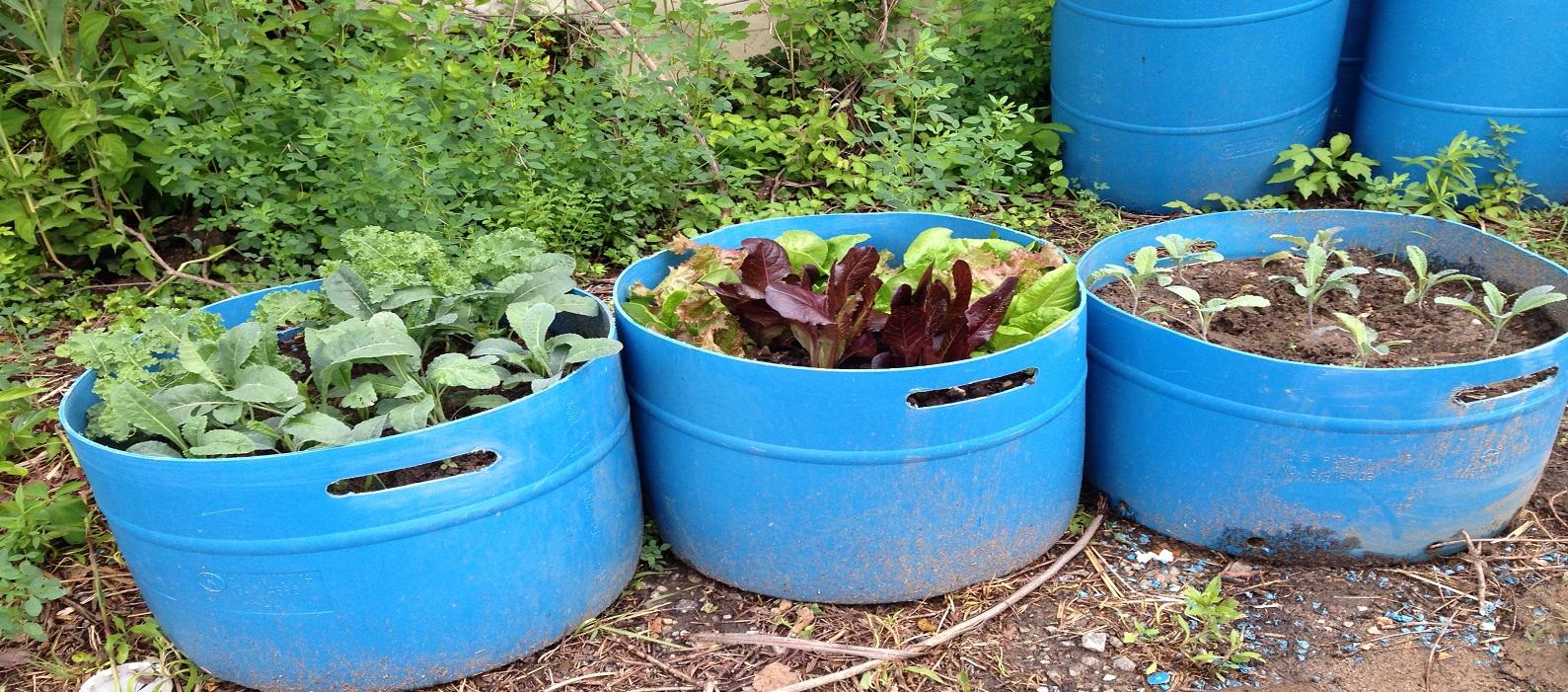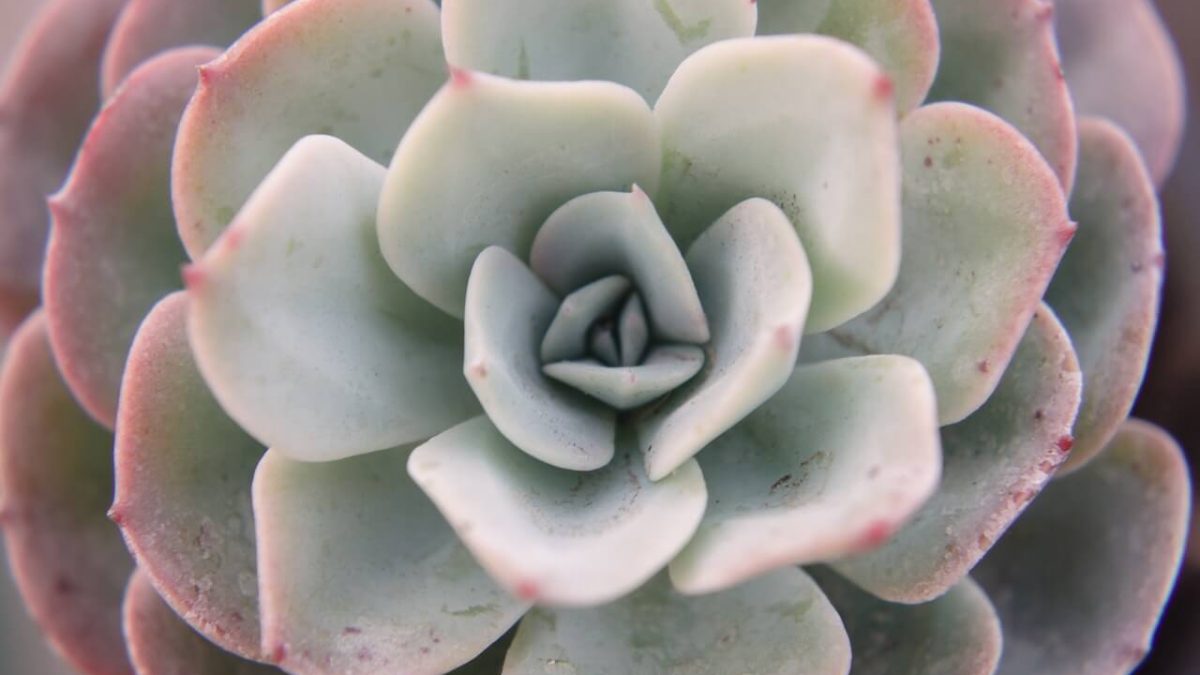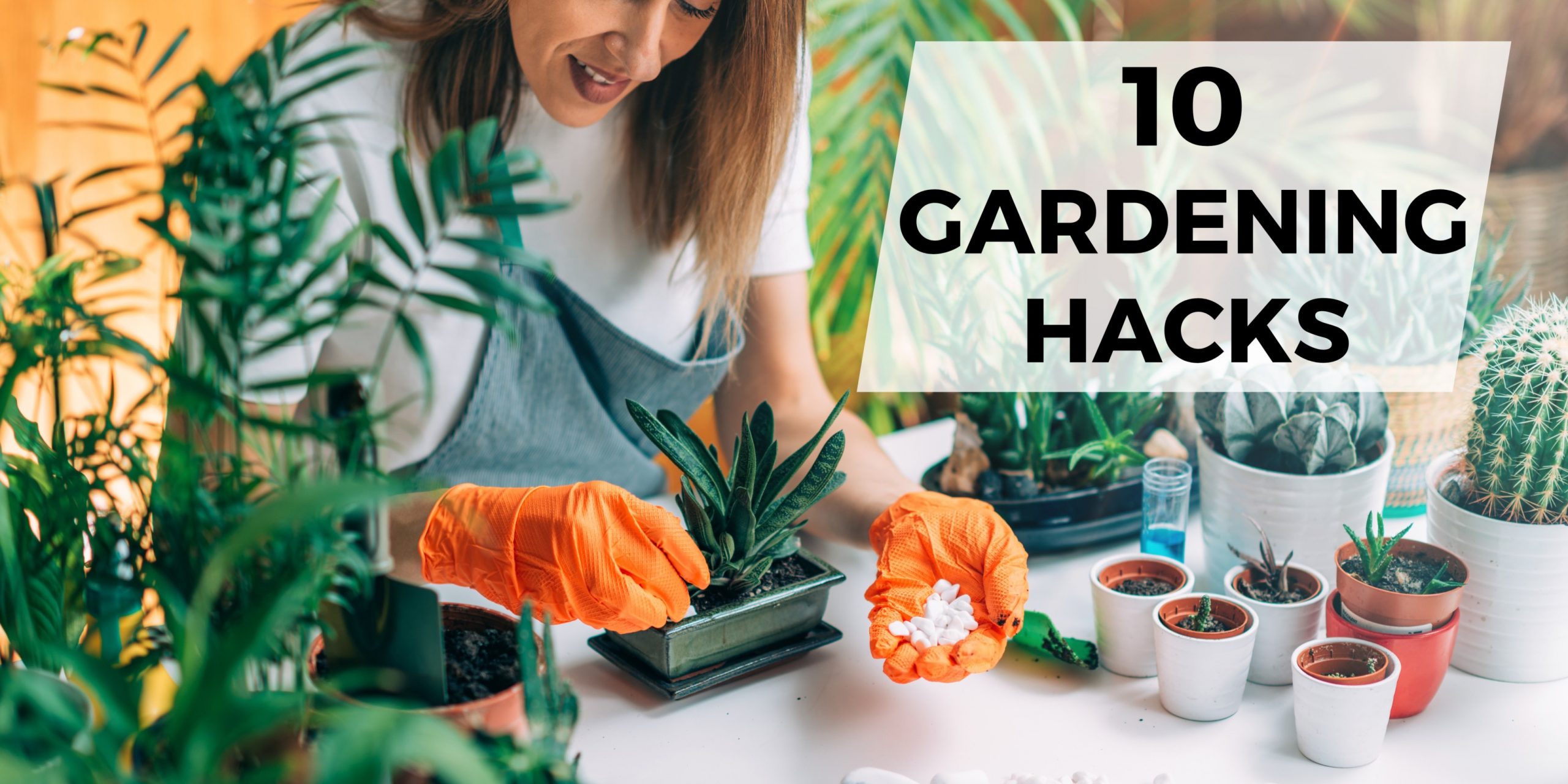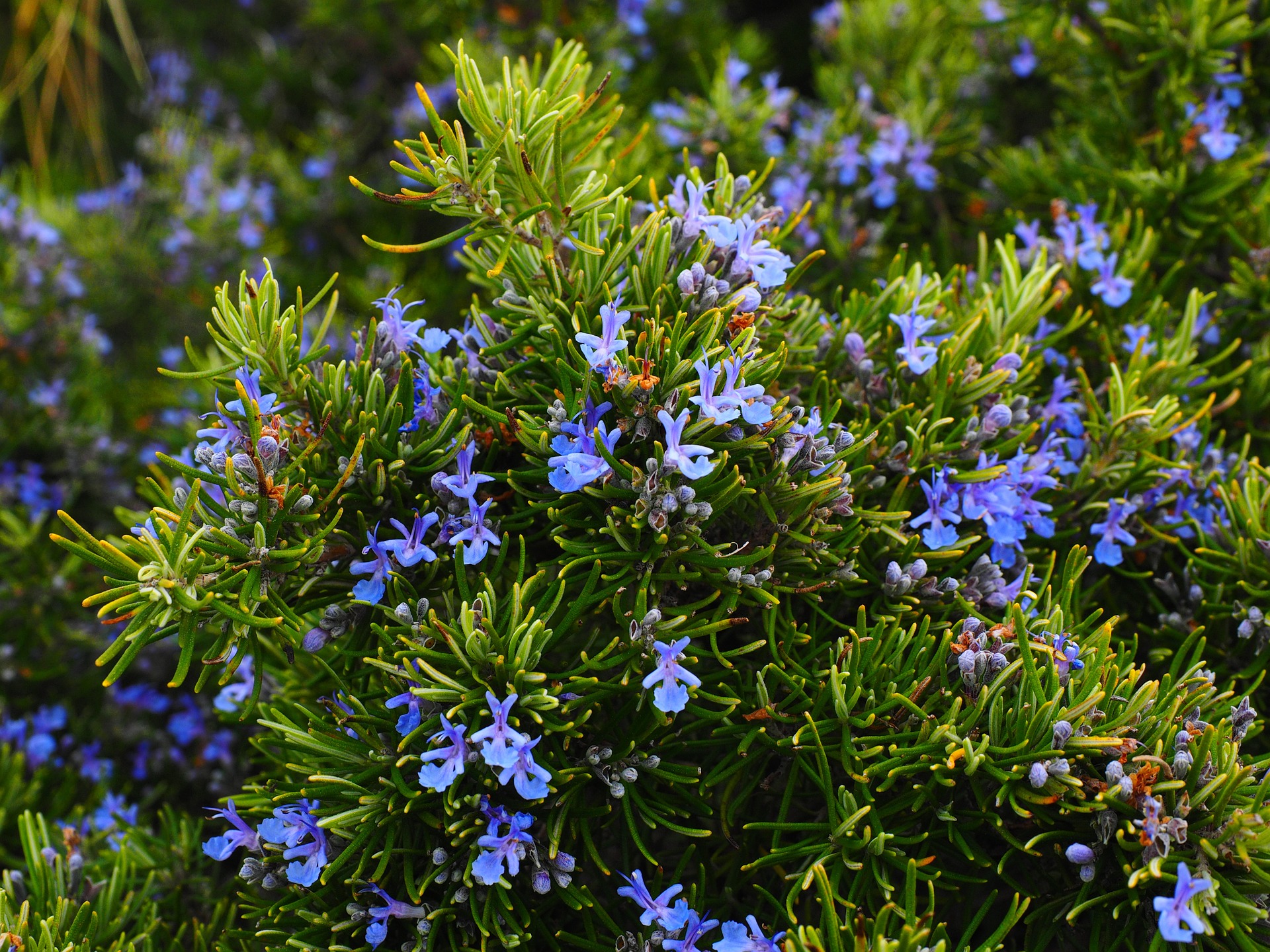Container gardening is a versatile and popular method of growing plants in pots, planters, or other containers. This approach is ideal for those with limited outdoor space, such as apartment dwellers or people with small balconies or patios. By choosing the right containers, soil, and plants, you can create a thriving garden, even in the smallest of spaces.
The Benefits of Container Gardening
- Flexibility: You can move your containers around to find the best sun or shade exposure.
- Control: You have greater control over the soil, water, and fertilizer, allowing you to tailor the environment to your plants’ needs.
- Pest and Disease Management: Container gardening can help isolate plants, making it easier to identify and address pest or disease problems.
- Variety: You can grow a wide range of plants, including herbs, vegetables, flowers, and small shrubs.
Choosing the Right Containers
The type of container you choose will depend on the type of plant you want to grow and the space you have available. Here are some popular options:
- Terracotta Pots: Classic and porous, allowing excess moisture to evaporate.
- Ceramic Pots: Durable and available in various styles and sizes.
- Plastic Pots: Lightweight and affordable, but can be prone to overheating in hot weather.
- Self-Watering Containers: Ideal for busy gardeners or those who travel frequently.
Choosing the Right Soil
A good quality potting mix is essential for container gardening. Look for a mix that is well-draining, nutrient-rich, and lightweight. You can also add organic matter like compost or worm castings to improve soil fertility.
Selecting the Right Plants
When choosing plants for container gardening, consider the following factors:
- Sun Exposure: Select plants that thrive in the amount of sunlight your container will receive.
- Water Needs: Choose plants with similar water requirements to avoid overwatering or underwatering.
- Container Size: Ensure the container is large enough to accommodate the plant’s root system and future growth.
Caring for Your Container Garden
- Watering: Water your plants regularly, especially during hot, dry weather. Check the soil moisture daily, and water deeply when the top inch of soil feels dry.
- Fertilizing: Feed your plants with a balanced liquid fertilizer every 2-4 weeks during the growing season.
- Pruning: Prune your plants regularly to maintain their shape and encourage bushier growth.
- Pest and Disease Control: Monitor your plants for pests and diseases, and take action promptly to prevent problems.
By following these tips, you can create a beautiful and productive container garden that will bring joy to your home.



